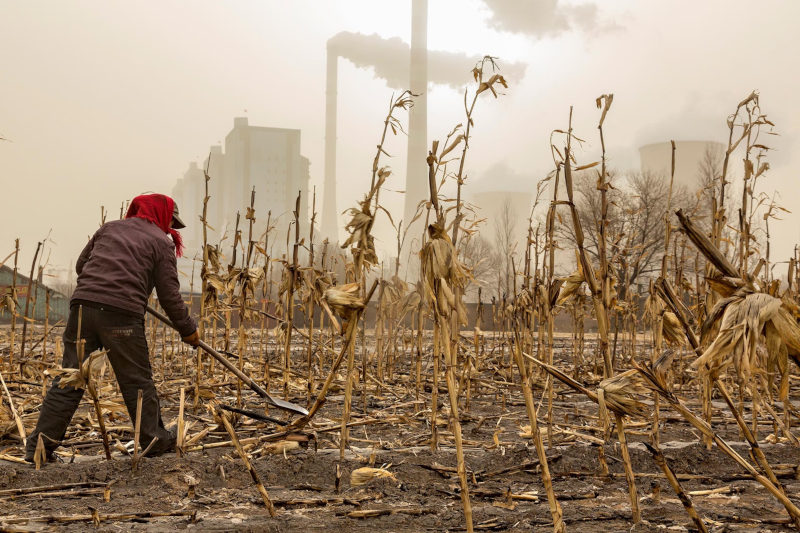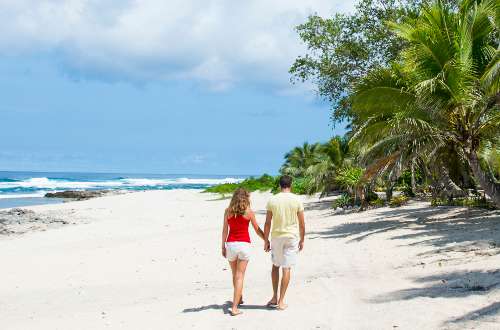
Richard Butler | Exclusive Report by THE MANILA TIMES | 28TH MAY, 2024
UNITED NATIONS — Extremely vulnerable to climate change, not rich enough to stop it on their own, and not poor enough to merit aid and development financing: the world’s small island states on Monday blamed wealthy countries for their misfortune.
Small Island Developing States (SIDS) “find themselves on the front line of a battle against a confluence of crises, none of which they have caused or created,” said Gaston Browne, prime minister of Antigua and Barbuda, which is hosting a SIDS conference this week.
The most pressing crisis is a worsening climate catastrophe as the world nears global warming of 1.5C, the upper threshold set in the Paris climate accord.
“The major contributors to climate change have failed to meet the obligations to mitigate its effects, causing significant harm to SIDS and our planet in general,” Browne said.

Seychelles President Wavel Ramkalawan warned that “the climate crisis will destroy all of us,” but that “the world is taking its time while we suffer.”
Caught between rising debts and rising oceans, from the Caribbean to Africa to the Pacific, many SIDS share characteristics that make them especially vulnerable to external shocks: small landmasses home to scattered and isolated populations, with import dependent, non-diversified economies.
And climate change — with its brutal droughts, powerful hurricanes and rising seas — is threatening to erase some of them from the map altogether.
“We cannot accept the disappearance of any country or culture under the rising waves,” UN Secretary-General Antonio Guterres said as he opened the SIDS conference, adding the international community has a “duty” to offer support.
“The idea that an entire island state could become collateral damage for profiteering by the fossil fuel industry, or competition between major economies, is simply obscene,” Guterres said.





